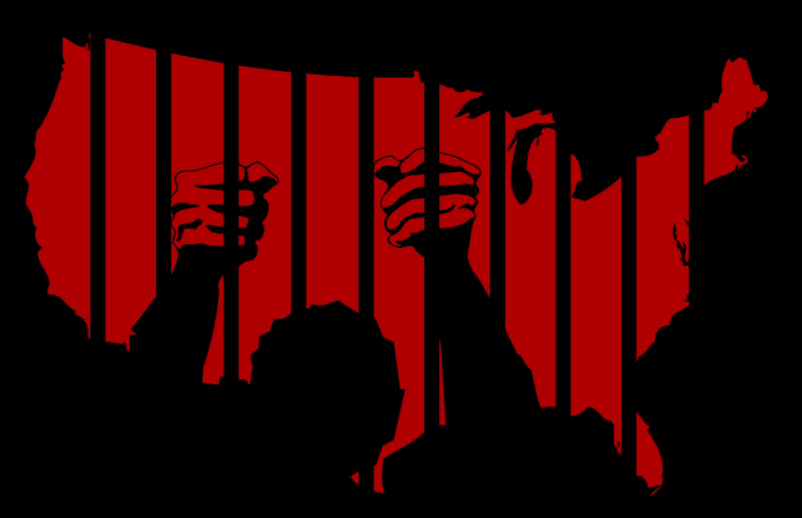Punishing Poverty
About the Author
Henry F. Fradella is Professor of Criminology and Criminal Justice and Affiliate Professor of Law at Arizona State University. Fradella is the author or coauthor of a dozen books, including Stop and Frisk and America’s Courts and the Criminal Justice System.
From Our Blog

#AALS2021: Browse Titles for Law Courses

Recommended Reading: Police Reform

Celebrating Women’s History Month: Criminology
Table of Contents
1. The Origins and History of Bail in the
Common Law Tradition
2. Pretrial Release Decisions and Outcomes
3. The Problems with Risk-Assessment-Based Bail
Determinations
4. The Impact of Pretrial Detention
5. The Path Forward
Appendix
Notes
References
Index
Reviews
— CHOICE"Scott-Hayward and Fradella provide an accessible look at policies in bail setting and pretrial treatment that have historically been favorable to suspects who are affluent. . . . A useful resource for students, researchers, and activists studying criminal justice reform, and a cautionary tale for policy makers, this book offers a fair balance between advocating for equality in bail-setting and for use of citation over arrests in some cases, while taking into consideration public safety."
— Law & Society Review"Scott-Hayward and Fredella have written a thorough, subtle, moving, and fair-minded introduction to the contemporary bail reform movement. It is a valuable resource for anyone who cares about fairness and rationality in the administration of justice. Here is hoping that it finds the broad audience that it deserves."
— Law & Society"Scott-Hayward and Fredella have written a thorough, subtle, moving, and fair-minded introduction to the contemporary bail reform movement. It is a valuable resource for anyone who cares about fairness and rationality in the administration of justice. Here is hoping that it finds the broad audience that it deserves."
— Criminal Law and Criminal Justice Books“It is a book clear enough to be read by general audiences, detailed enough to be used by graduate students in criminology and law, and comprehensive enough to be a resource to academic scholars. But it is also a book that should be studied by practitioners—judges, magistrates, prosecutors, defense counsel, and probation and pretrial services officers—as well as policy makers such as legislators, agency heads, budget officers, and criminal justice policy wonks. All could learn, could understand, just how exceptional the US bail system is, and could draw upon this wealth of knowledge in implementing meaningful reform.”
— Criminal Law and Criminal Justice Books"It is a book clear enough to be read by general audiences, detailed enough to be used by graduate students in criminology and law, and comprehensive enough to be a resource to academic scholars. But it is also a book that should be studied by practitioners—judges, magistrates, prosecutors, defense counsel, and probation and pretrial services officers—as well as policy makers such as legislators, agency heads, budget officers, and criminal justice policy wonks. All could learn, could understand, just how exceptional the US bail system is, and could draw upon this wealth of knowledge in implementing meaningful reform."
— Labour/Le Travail"This book is a useful primer for scholars looking to expand their understanding of recent debates in criminology and pretrial studies more broadly."
"A comprehensive treatment of a very important criminal justice issue, bringing together the history, law, and social science research regarding bail and pretrial detention, along with a trenchant analysis of their broader social and economic ramifications."—Wayne A. Logan, author of Knowledge as Power: Criminal Registration and Community Notification Laws in America
Media
Interview with the author.
